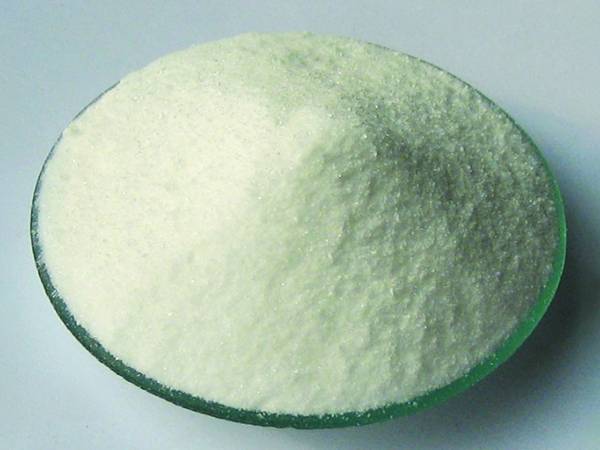



Applications of Barium Sulfate in Various Industries and Its Importance
The Versatile Uses of Barium Sulfate
Barium sulfate (BaSO4) is a white crystalline compound that has gained substantial importance across various industries due to its unique properties. As an inorganic compound that is insoluble in water, barium sulfate's applications range from medical diagnostics to industrial processes. This article delves into the diverse uses of barium sulfate, highlighting its significance in different fields.
Medical Applications
One of the most prominent applications of barium sulfate is in the field of radiology. It is extensively used as a radiocontrast agent for X-ray imaging and fluoroscopy of the gastrointestinal tract. When patients ingest a barium sulfate suspension, it coats the lining of the gastrointestinal system, enhancing the contrast between the barium-filled organs and surrounding tissues on X-ray images. This helps physicians to accurately diagnose conditions such as tumors, blockages, and inflammation in the esophagus, stomach, and intestines. The high atomic number of barium also allows it to effectively absorb X-rays, further improving image clarity.
Industrial Uses
In addition to its medical applications, barium sulfate plays a critical role in various industrial processes. It is often utilized as a pigment and filler in the paint, paper, and plastics industries due to its bright white color and non-toxic nature. The compound provides opacity and enhances the aesthetic appeal of the finished products. In paints, barium sulfate helps improve viscosity and durability while providing a smooth finish. Additionally, its use in plastics contributes to fire retardance and improves the mechanical properties of the material.
The oil and gas industry also benefits from barium sulfate. It is used as a weighting agent in drilling fluids, which are essential for maintaining pressure during drilling operations. Barium sulfate provides the necessary density to ensure that the drilling mud can effectively carry rock cuttings to the surface while preventing blowouts. This application is crucial for safe and efficient drilling practices.
barium sulfate use

Environmental Considerations
Barium sulfate's role extends to environmental applications as well. It is utilized in wastewater treatment processes where it helps to remove heavy metals from effluents. By precipitating barium in the form of barium sulfate, it effectively immobilizes toxic metals, enabling their safe disposal and reducing environmental contamination. Furthermore, barium sulfate can also be found in some formulations for environmental remediation, where it helps in the stabilization of contaminated soils.
Other Applications
Beyond these primary uses, barium sulfate has applications in various niche areas. For example, it is used in the production of paper as a coating agent, enhancing print quality and opacity. In cosmetics, the compound can be found in products such as powders and foundations, contributing to texture and coverage. Additionally, it is used in the manufacturing of certain types of glass and ceramics, where it improves thermal stability and reduces the risk of defects during firing.
Conclusion
In conclusion, barium sulfate is a multifaceted compound with significant applications across various sectors. From its critical role as a radiocontrast agent in medical imaging to its use as a pigment, industrial filler, and in environmental applications, its versatility is impressive. As industries continue to evolve, the demand for barium sulfate is likely to grow, propelling further research and innovation in its applications. Hence, understanding and exploring the full potential of barium sulfate not only benefits individual sectors but also contributes to advancements in technology and sustainability. Its unique properties make it an invaluable resource, ensuring that it will remain an essential compound in both industrial and medical contexts for years to come.
-
Why Sodium Persulfate Is Everywhere NowNewsJul.07,2025
-
Why Polyacrylamide Is in High DemandNewsJul.07,2025
-
Understanding Paint Chemicals and Their ApplicationsNewsJul.07,2025
-
Smart Use Of Mining ChemicalsNewsJul.07,2025
-
Practical Uses of Potassium MonopersulfateNewsJul.07,2025
-
Agrochemicals In Real FarmingNewsJul.07,2025
-
Sodium Chlorite Hot UsesNewsJul.01,2025










